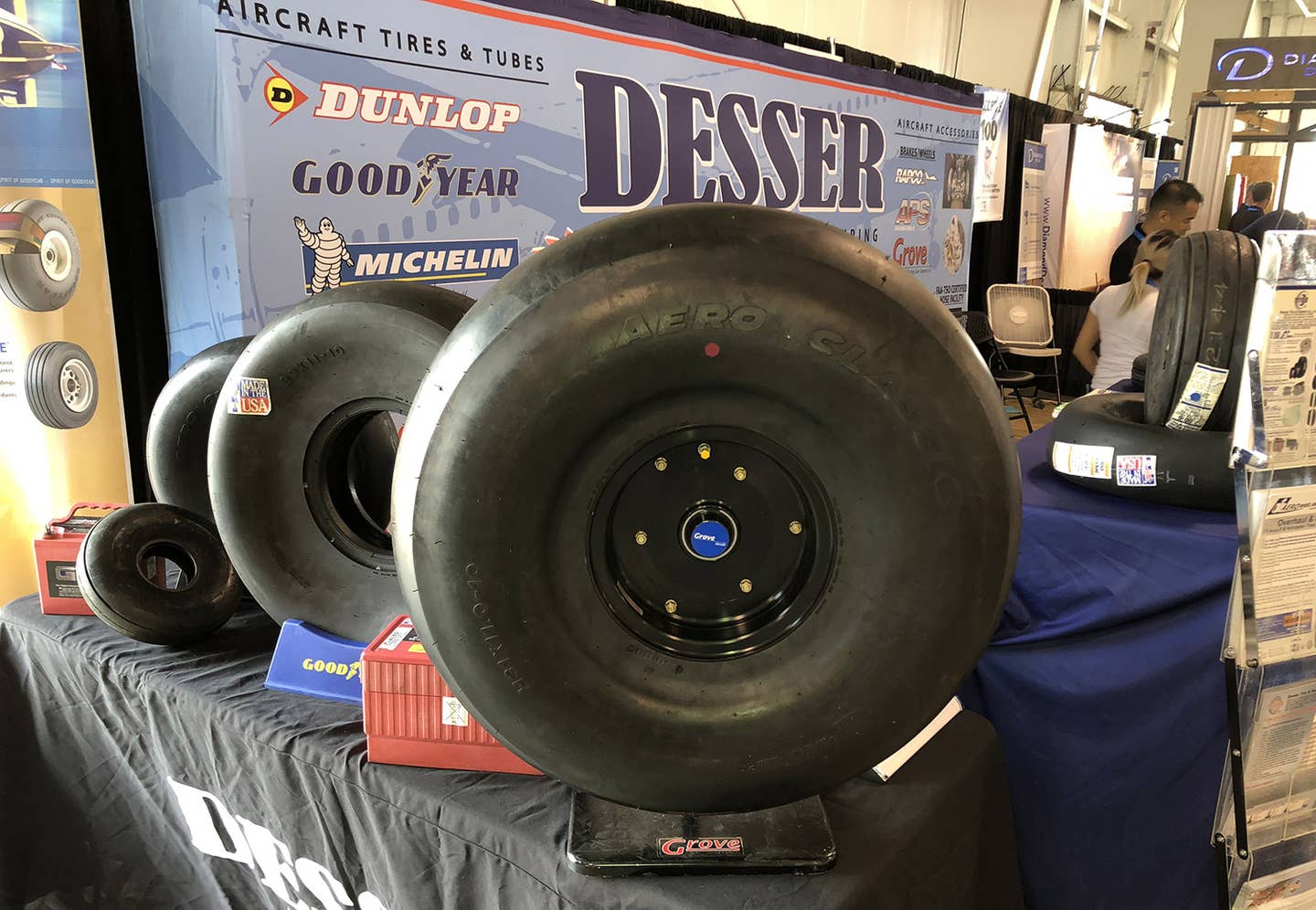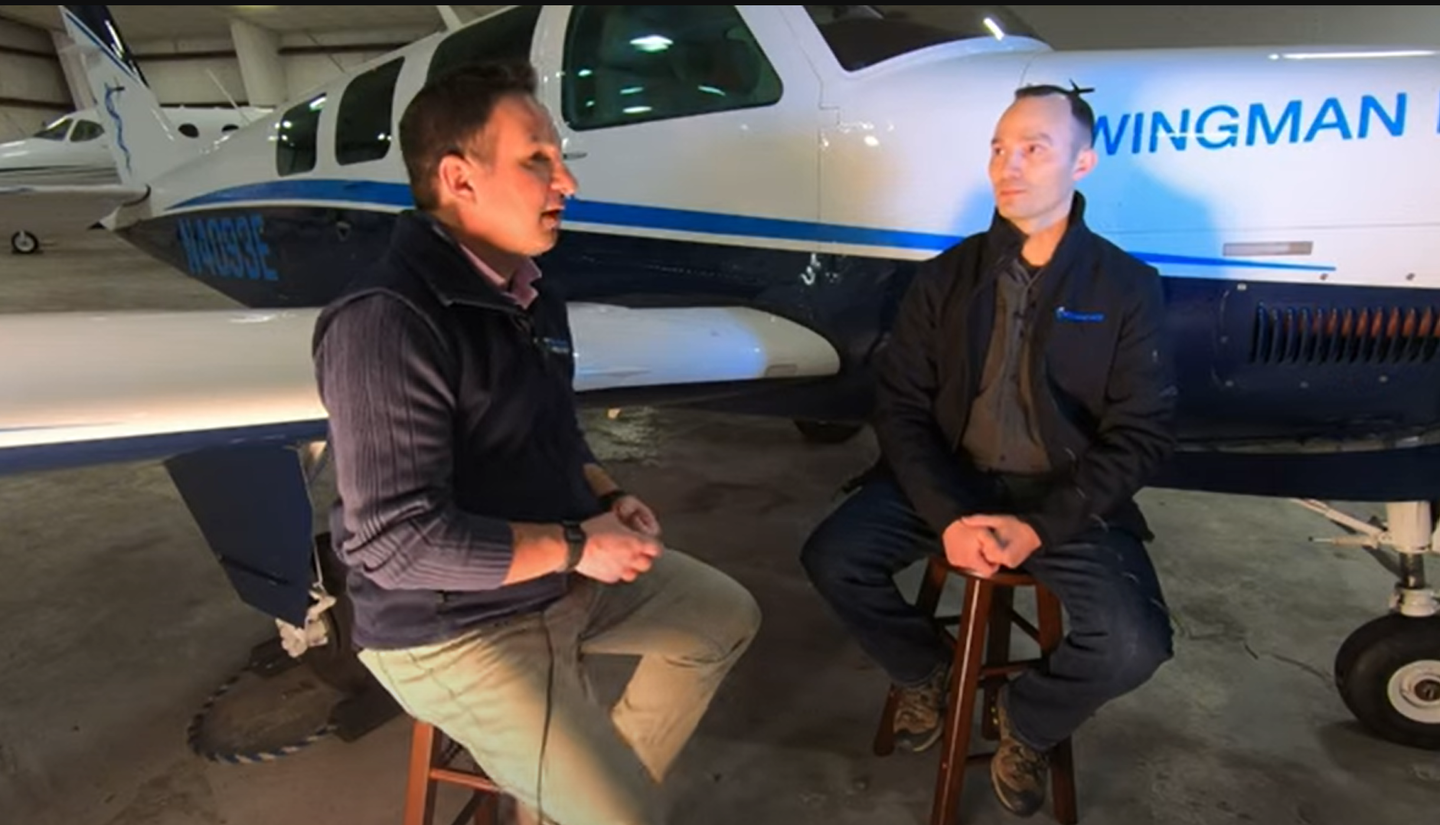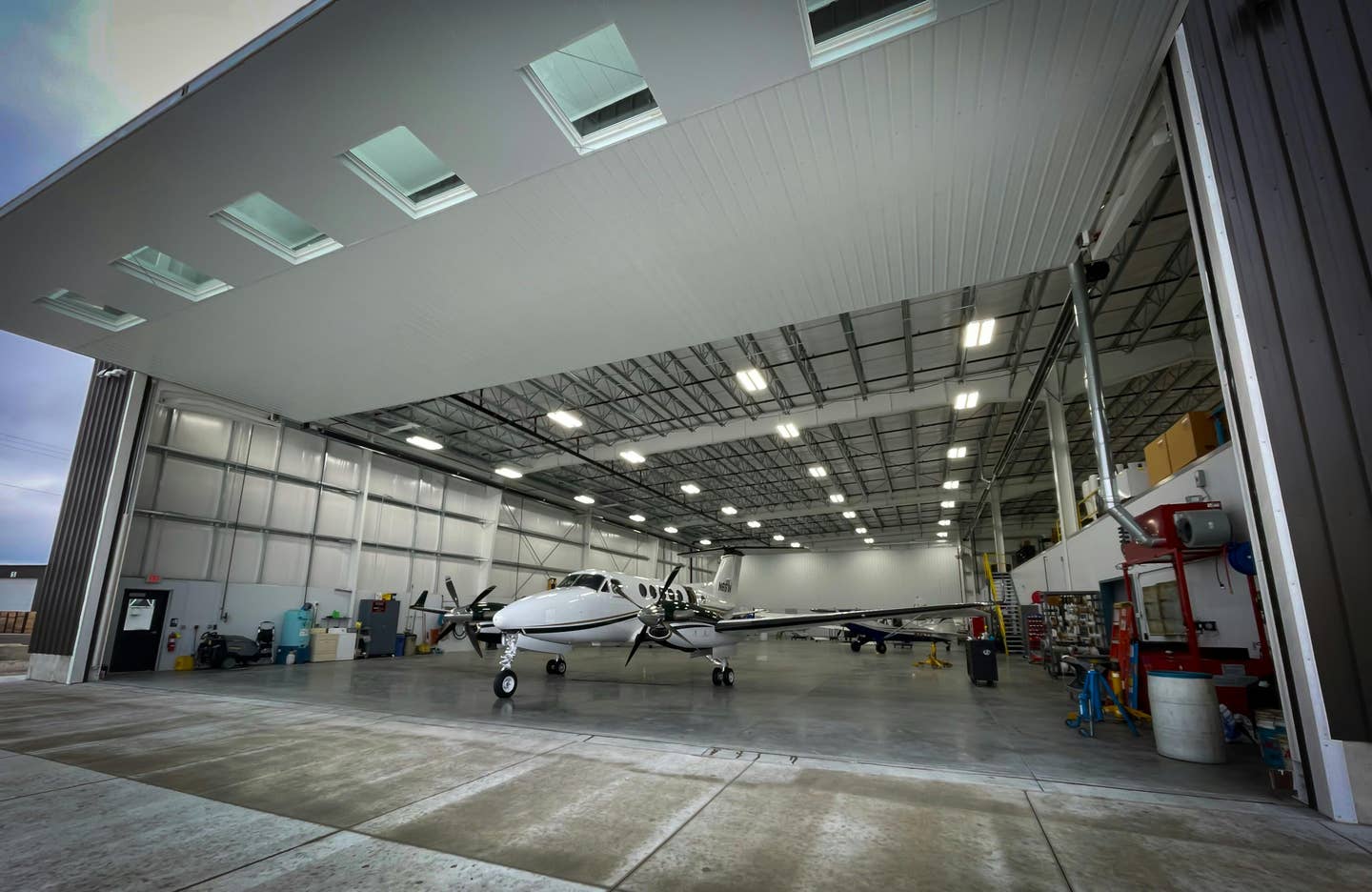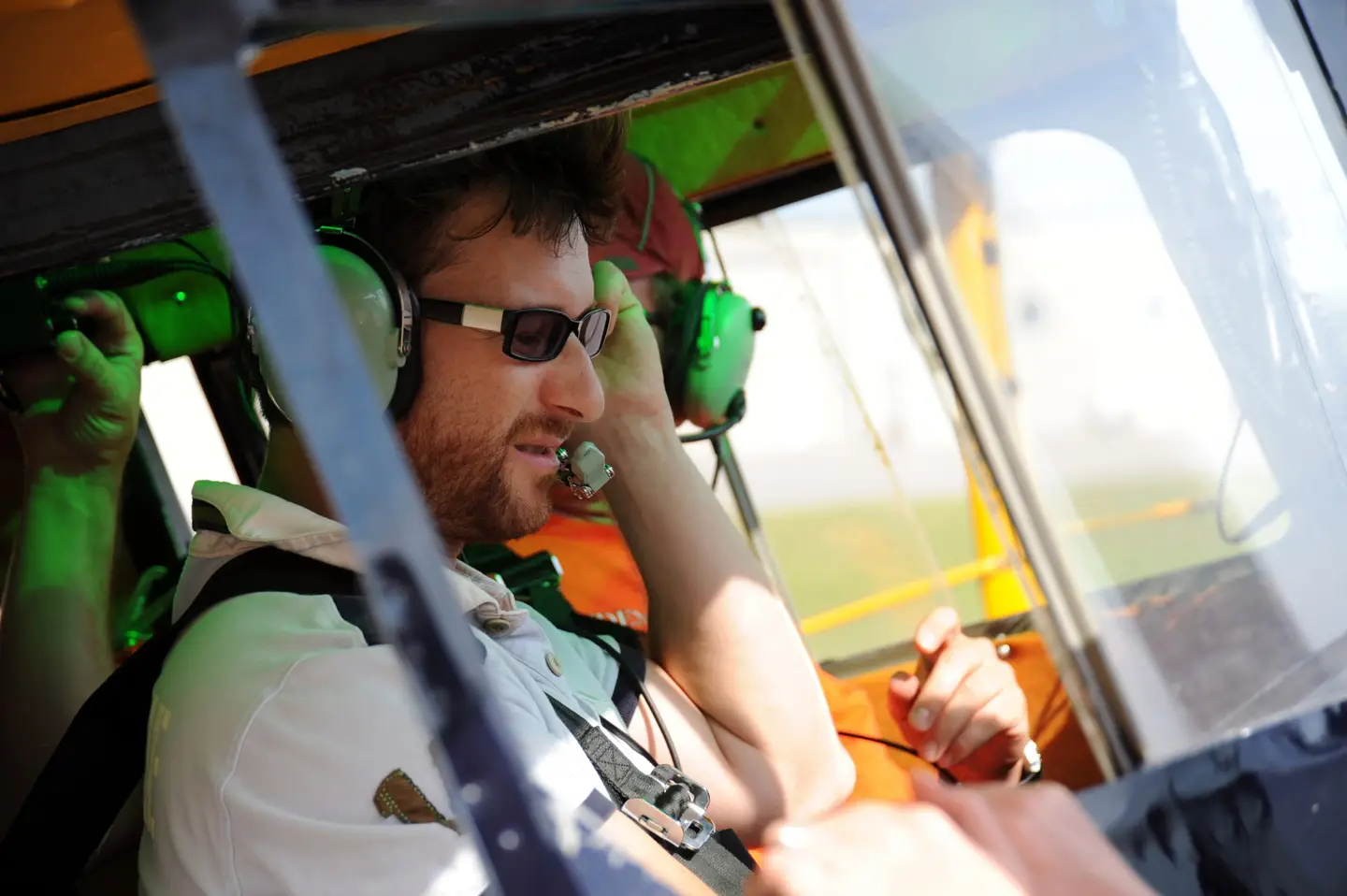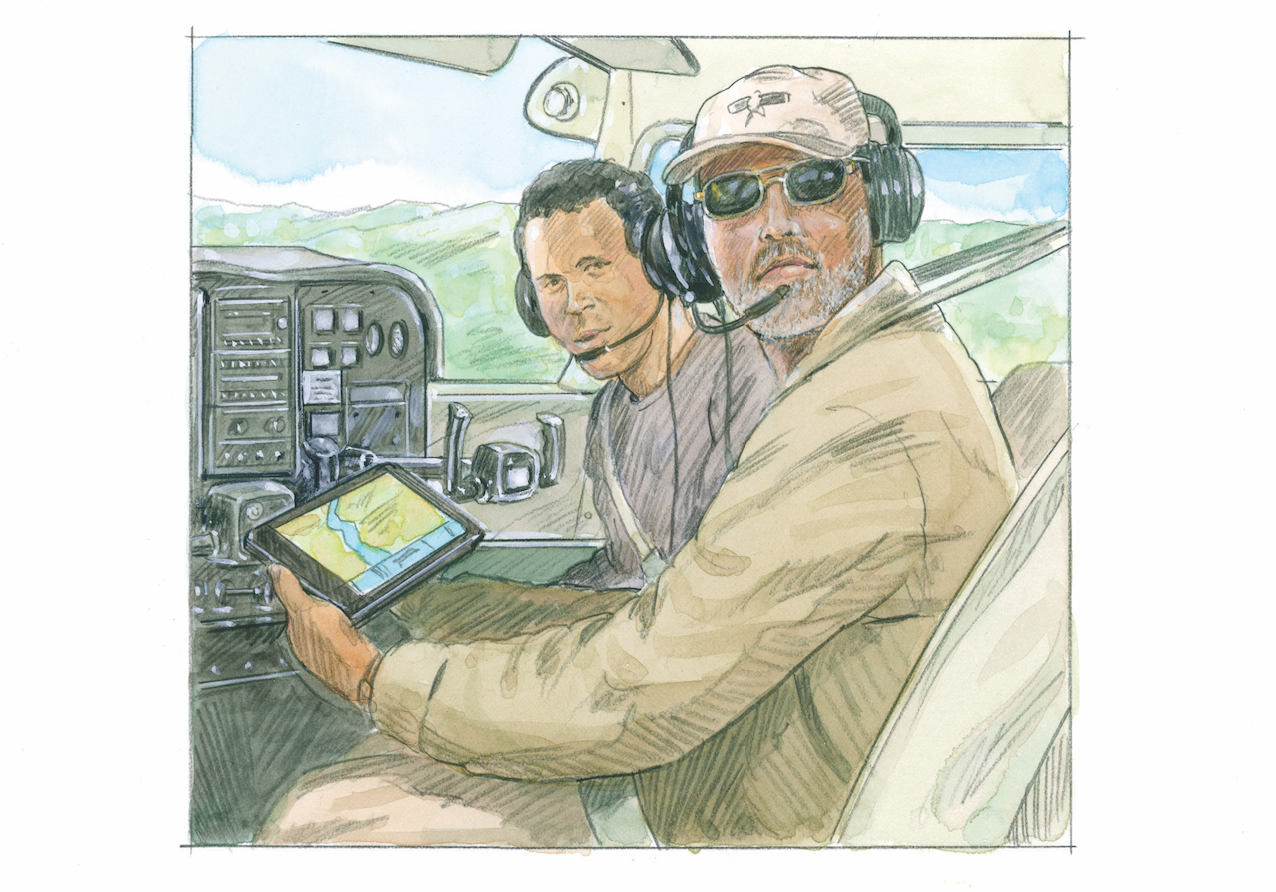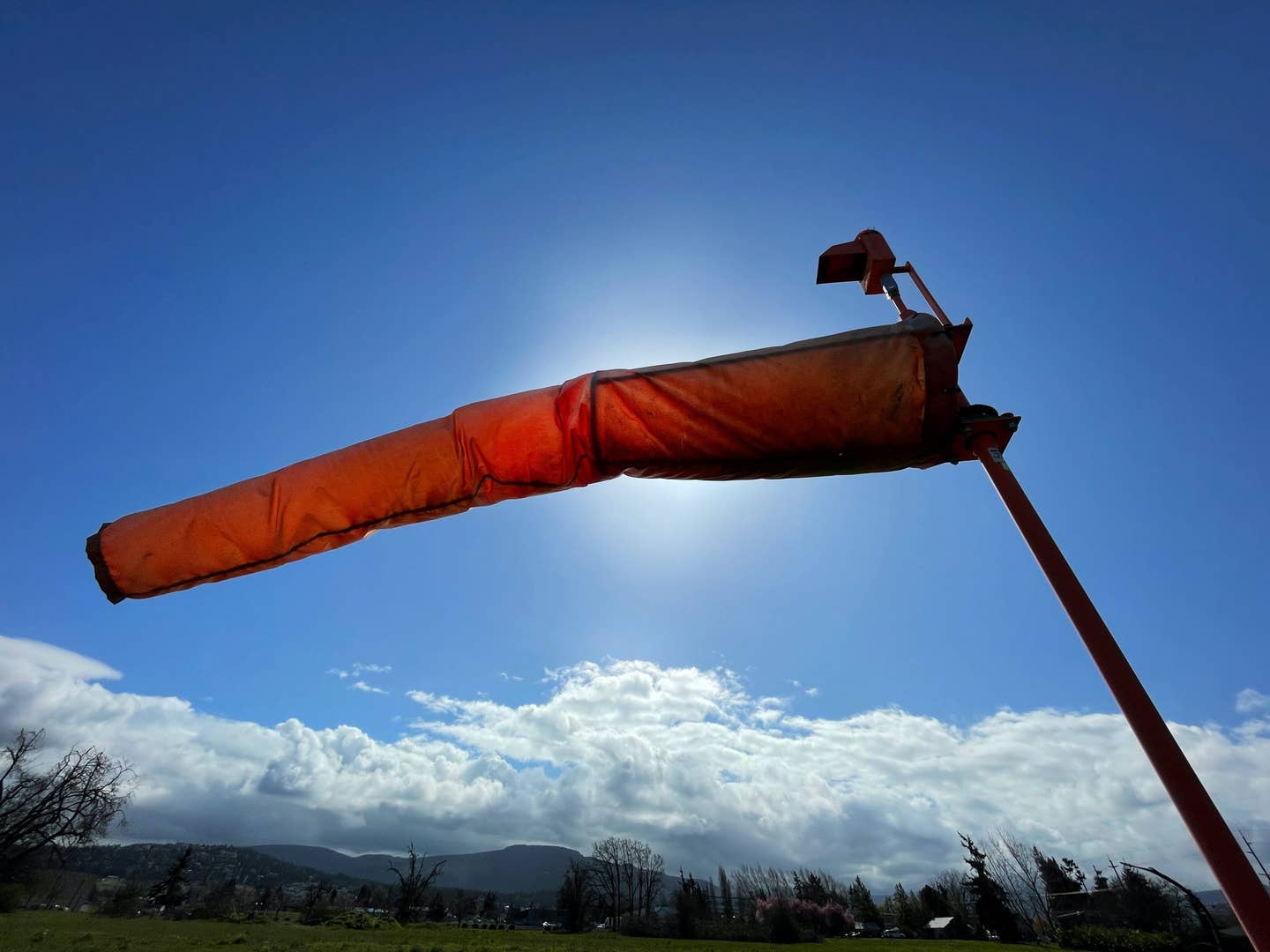Colliding With Hard Truths
Maybe none of your outside issues or life complications are your fault. You know what? That doesn’t stop them from being your problem. Here’s why you’ve got to just deal with it.
Flying is challenging. When I was younger and just starting out as a pilot, I wasn't a very confident person and was an even less confident pilot. Today, even after I've gotten a few new ratings and logged a lot more time, I still face many uncertainties as a pilot. (Don't we all? If you don't admit to having insecurities as a pilot or as a person, I sure wouldn't fly with you.) I have a lot of questions.
How short of a runway CAN I take off from in this thing?
Why can't I remember what that antenna is for after all these years?
What is that airplane parked over there? A C-140? A Luscombe? I should know that by now.
Oh, man. I should have never let my student put a GoPro in here.
There's a lot that I don't know. A lot.
You may or may not care, but I know one thing for sure: The airplane doesn't care about any of my insecurities. In fact, it doesn't care about much.
The airplane doesn't care if you're male or female. Black or white. Millionaire or struggling. Married or divorced. Sixteen or 60.
The airplane doesn't care that you just broke up with your girlfriend, that you have college finals coming up, or that you aced your last job interview.
The airplane doesn't care how windy it is, how hazy it is, that ATC issued a different clearance than you expected, or that you find yourself at an unfamiliar airport.
The airplane doesn't care that you just ran a marathon. Sadly, it doesn't even care if you have cancer. And it certainly doesn't care that you greased the last six landings.
I'm not sure at what point I figured this out and saw my perspective change, but it was some time after I earned my private pilot certificate. As a student pilot, there were a lot of good reasons that I wasn't progressing as quickly as I wanted. I was severely fatigued. I was taking a full load of college classes, going to ROTC drills, holding two part-time jobs, doing volunteer work, and maintaining a decent social life. I had an inexperienced instructor. It seemed like there was always a 15-knot crosswind. It was always 100 degrees outside. It was bumpy. I wasn't feeling well. I couldn't study because my car broke down. My roommate had a personal crisis. I had a personal crisis. I had a midterm to focus on, so I didn't have time to study flight maneuvers. I was distracted by the 10 other airplanes in the practice area. I was distracted by my instructor. I left my sectional at home. I didn't have a good mentor!and on and on.
Little did I know at the time that my instructor had way less to do with how I was flying the airplane than I gave him credit for. I just tried to do what he told me, and, when it didn't work out, it was clearly his fault. But my lack of progress wasn't because of him, or the weather, or my workload, or that not-that-busy social schedule I was entertaining.
I was mediocre at flying because I was letting the airplane fly me, and I was rationalizing my crappy flying by blaming everything else but myself.
I had an instructor not long after I earned my private pilot certificate who was quick to pinpoint this problem. During one of my training flights when I was being quite timid, he grabbed the controls from me and told me to handle the freaking airplane while demonstrating how to handle the airplane. "FLY THE FREAKING AIRPLANE," he said. "Don't let it fly you!" I learned that day that I needed to put myself in control. That I needed to start acting like the pilot in command.
Years later, another instructor introduced me to a quote that I now use all the time with my flight students---and with my kids: "It may not be your fault, but it is your problem."
It's not your fault that traffic was bad and you showed up late, but it is your problem.
It's not your fault that you're underprivileged, but it is your problem.
It's not your fault that the young person next to you is a quicker study than you, but it is your problem.
It's not your fault that it's windier than forecast, but it is your problem.
It's not your fault that ATC issued you an unexpected clearance, but it is your problem.
The bad news? You have a lot of problems that are not your fault. The great news? The airplane doesn't give a damn. Not a bit. You see, unlike people, the airplane doesn't assign fault. It only punishes fault.
In the beginning, this is a tough lesson to learn. How will you rationalize your bad landings? Who or what will you blame for your poor performance?
This Is Why I Love Flying
There's never been another person or thing in my life that has demanded such truthful culpability from me. There's probably never been another part of my life where I have been held so accountable for my actions with no regard for my excuses---or anyone else's. As a pilot, once you learn this and embrace it, you'll experience the most authentic form of freedom that exists.
I have a lot of problems that are not my fault. And I have plenty problems that are. But when I show up to fly, I know that the airplane doesn't care about any of them. There's no judgment. No whining. No fake sympathy.
Those insecurities? They're still there. But they're less suffocating because I know that the airplane doesn't see them. It doesn't care about my issues or the reasons behind them. Instead, it's me who's forced to recognize my fears and weaknesses and confront them and then just move on---quickly, too! Because the one thing the airplane does care about is that I fly it and that I fly it well. The rest is just noise.
Sarina Houston is an active flight instructor and a professional writer with a soft spot for the J-3 Cub. She has a master's degree in aeronautical science and was recognized by AOPA as a Distinguished Flight Instructor in 2017. She lives in North Carolina with her two boys and dog, K.C.
Staying proficient is important, so be sure to visit our Risk archives, where the best instructors in aviation help you fly smarter and safer.
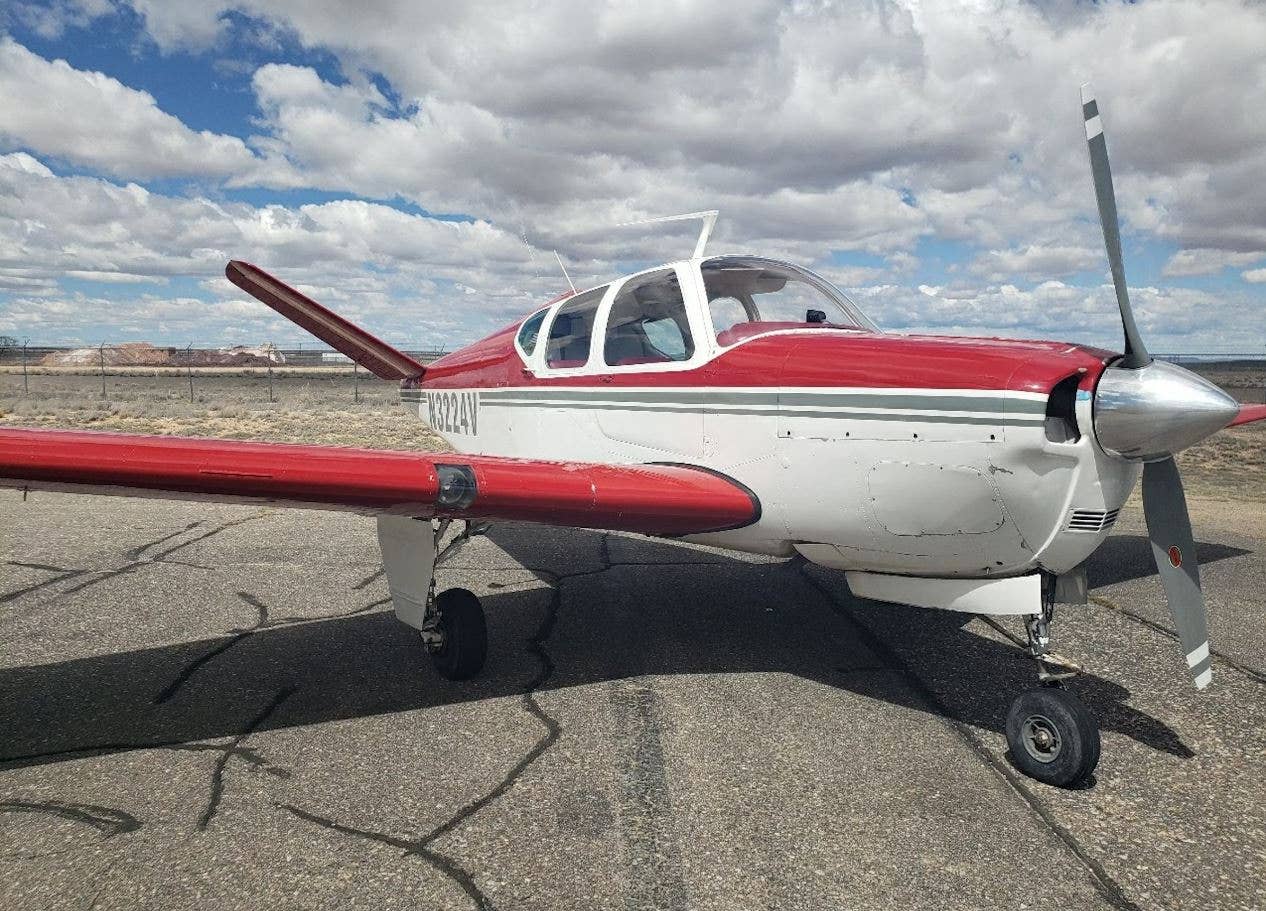
Subscribe to Our Newsletter
Get the latest Plane & Pilot Magazine stories delivered directly to your inbox

